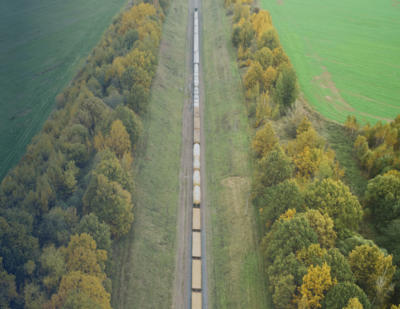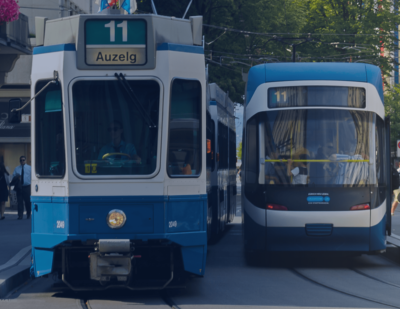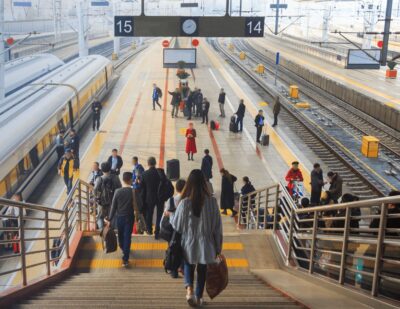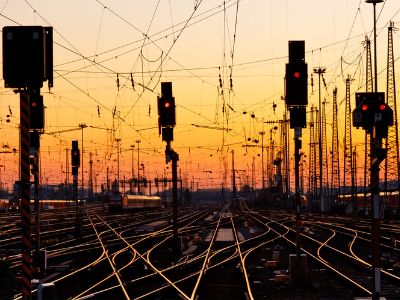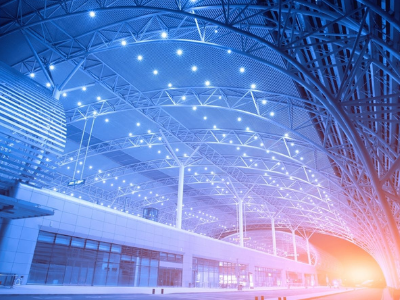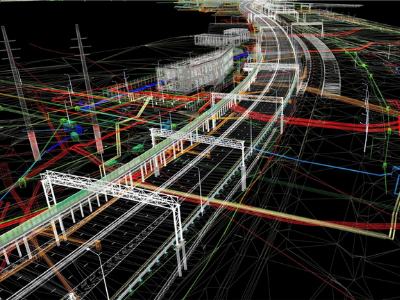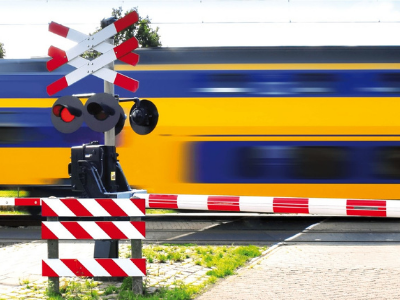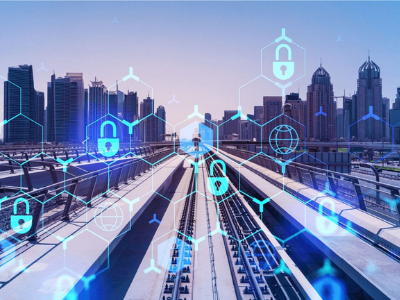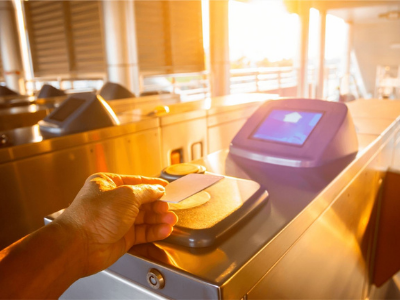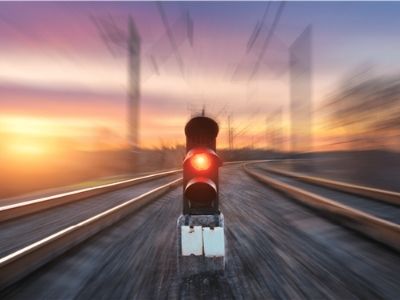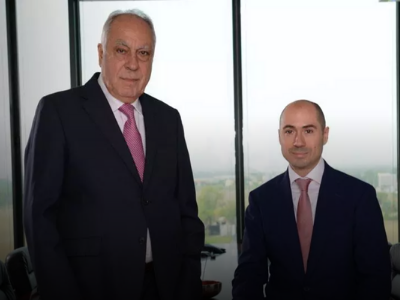A lengthy talk with Carlo Borghini, Executive Director at Europe’s Rail, who underlines the importance of moving beyond the concept of interoperable solutions towards one single system to create a unified rail system that is “interoperable by design” and based on a “single solution”.
Innovation will drive freight transport, improving its performance and attractiveness.
Distributed intelligence will maximise train performance and the railway network, while digital transformation will improve freight transport, both in terms of value and of its role in the supply chain.

When It Comes to Designing Technological Solutions, You Often Speak about “Interoperability by Design”. Could You Explain What This Approach Entails for All the Different Parties Involved?
To answer thoroughly we would need to look back at the history of the rail system which has taken an insular national development over the centuries. The introduction of ERTMS has allowed the start of the creation of a single European rail network, bringing together different national systems. What needs to be done now is to move beyond the concept of interoperable solutions towards one single system, to create a single, unified rail that is “interoperable by design” and based on a “one solution”, at the same time ensuring backward compatibility for a reasonable time.
One of the problems we still have today is that trains can’t run freely across the whole European network, and I’m not talking about gauge differences, but in terms of interoperability. Today, for a train to go from, say, London, to Amsterdam, it needs to have multiple on-board systems, with the associated complexity, resulting in high operational costs. If we want to create a rail market that is comparable to the aviation one in Europe, we need to introduce trains with one single system onboard, capable of running along the whole EU network.
Clearly, transitioning to one single system implies changes at, both, an infrastructure level and on board. This is why we are looking at introducing distributed intelligence. As of today, the intelligence on the train is ensured by the human factor. Introducing ATO means discussing what type of ATO intelligence to choose, the importance of interoperability by design and more importantly whether the train will be autonomous, i.e., able to choose where to go etc., automated, i.e. controlled by the central, or a distributed intelligence train, i.e. partially intelligent and partially able to communicate with the train in front and behind to know their position and performance but still centrally supervised. Implementing distributed intelligence means not only maximising the performance of trains but also of the railway network. R&I work will have to answer these questions.
How Can Digital Transformation and Technological Innovation Help to Make Freight More Attractive?
First and foremost, the performance of rail freight will benefit from the work on R&I on key components and sub-systems, for example by introducing Digital Automated Coupling (DAC), that is a key enabler as it brings power and electricity to wagons and allows to manage data about wagons’ state, content, etc.
Digital transformation and technological innovation also need to address delicate parts of the rail freight business, such as documentation exchange and data management, both in the value chain and in the supply chain.
For this digitalisation of the rail freight business to happen, there needs to be an agreement on how to manage data between all different sectors involved, otherwise introducing DAC and telematics, defining standards and protocols will be jeopardised as information and data will remain accessible to only a limited number of players.
Download the complete interview.
This article was originally published by Fincons Group.

